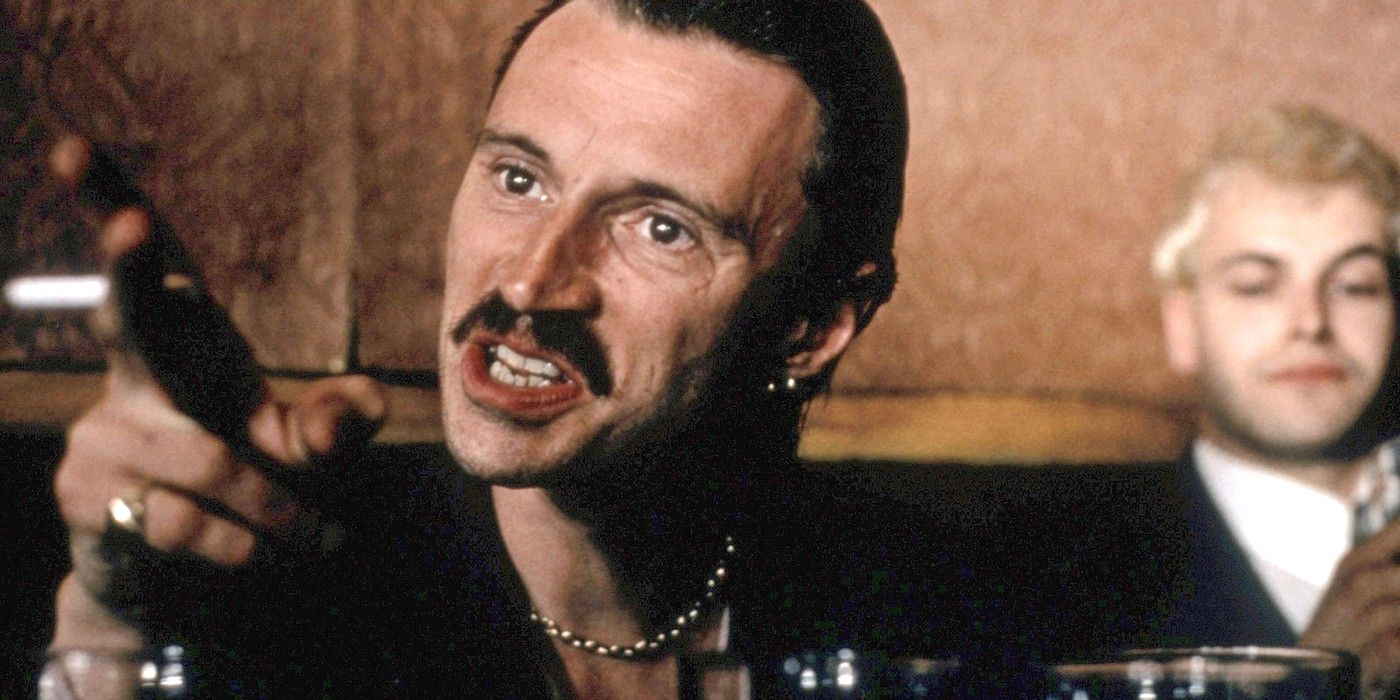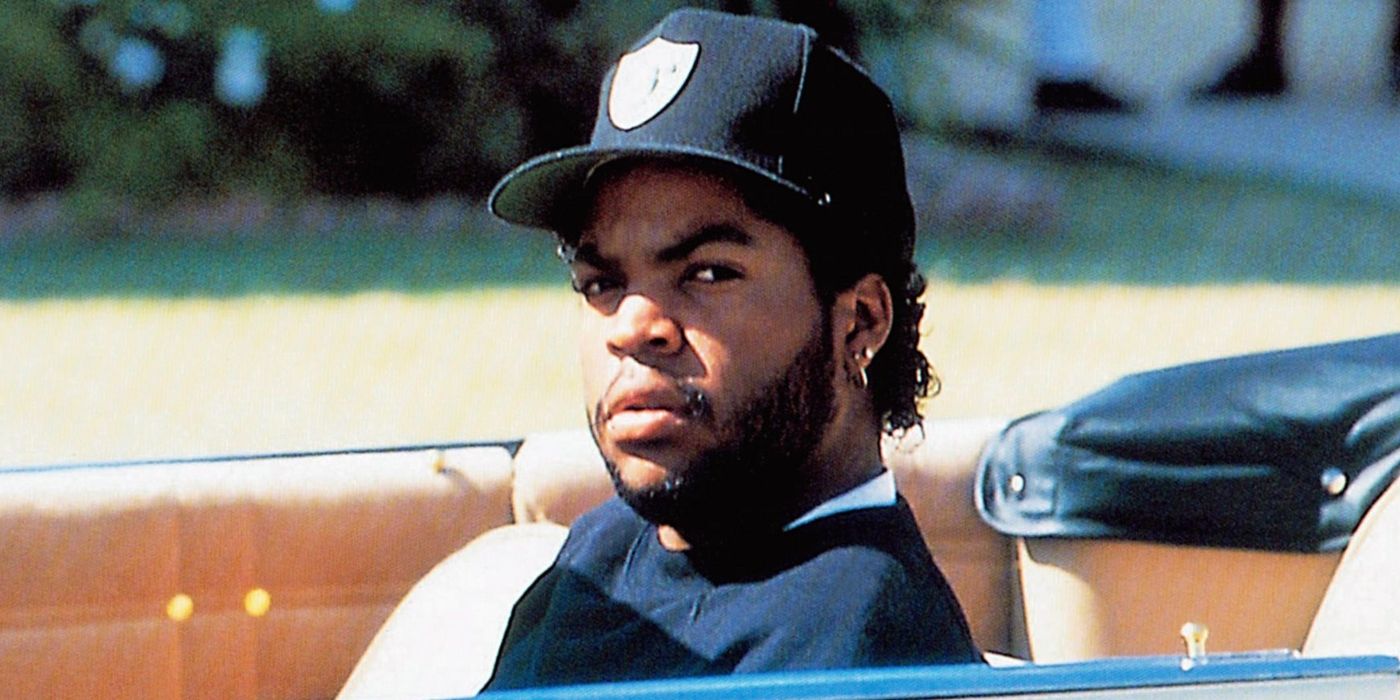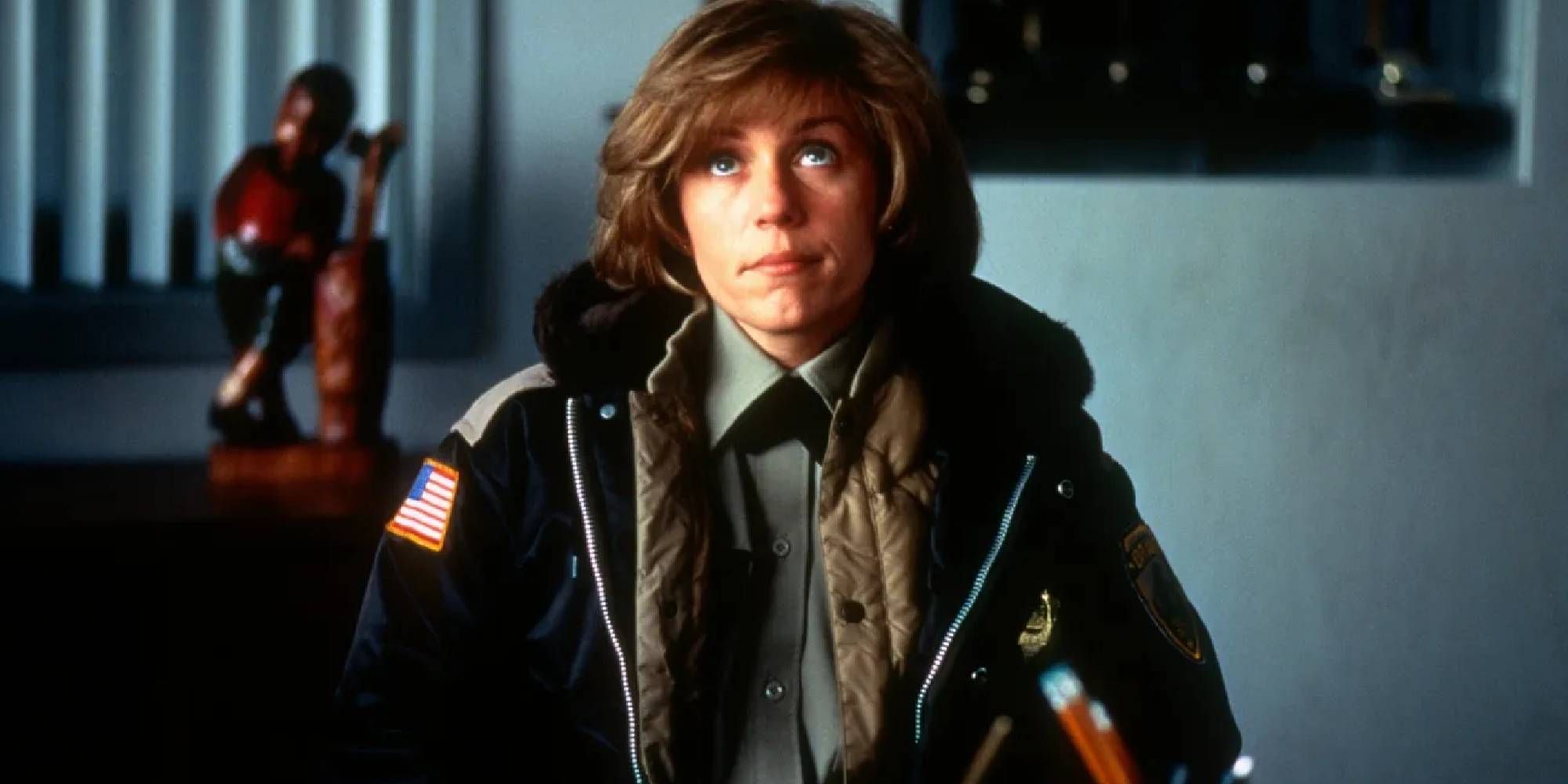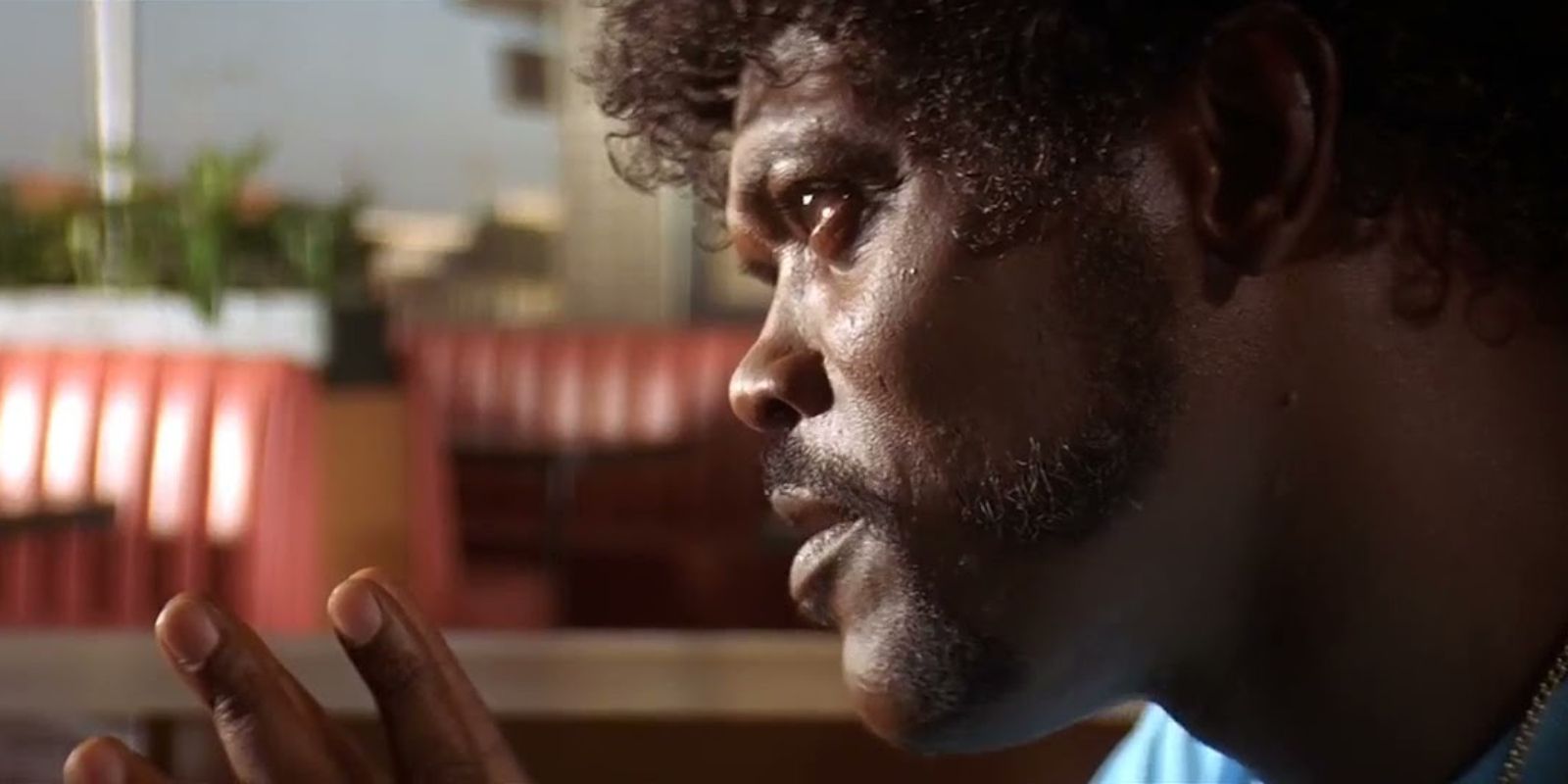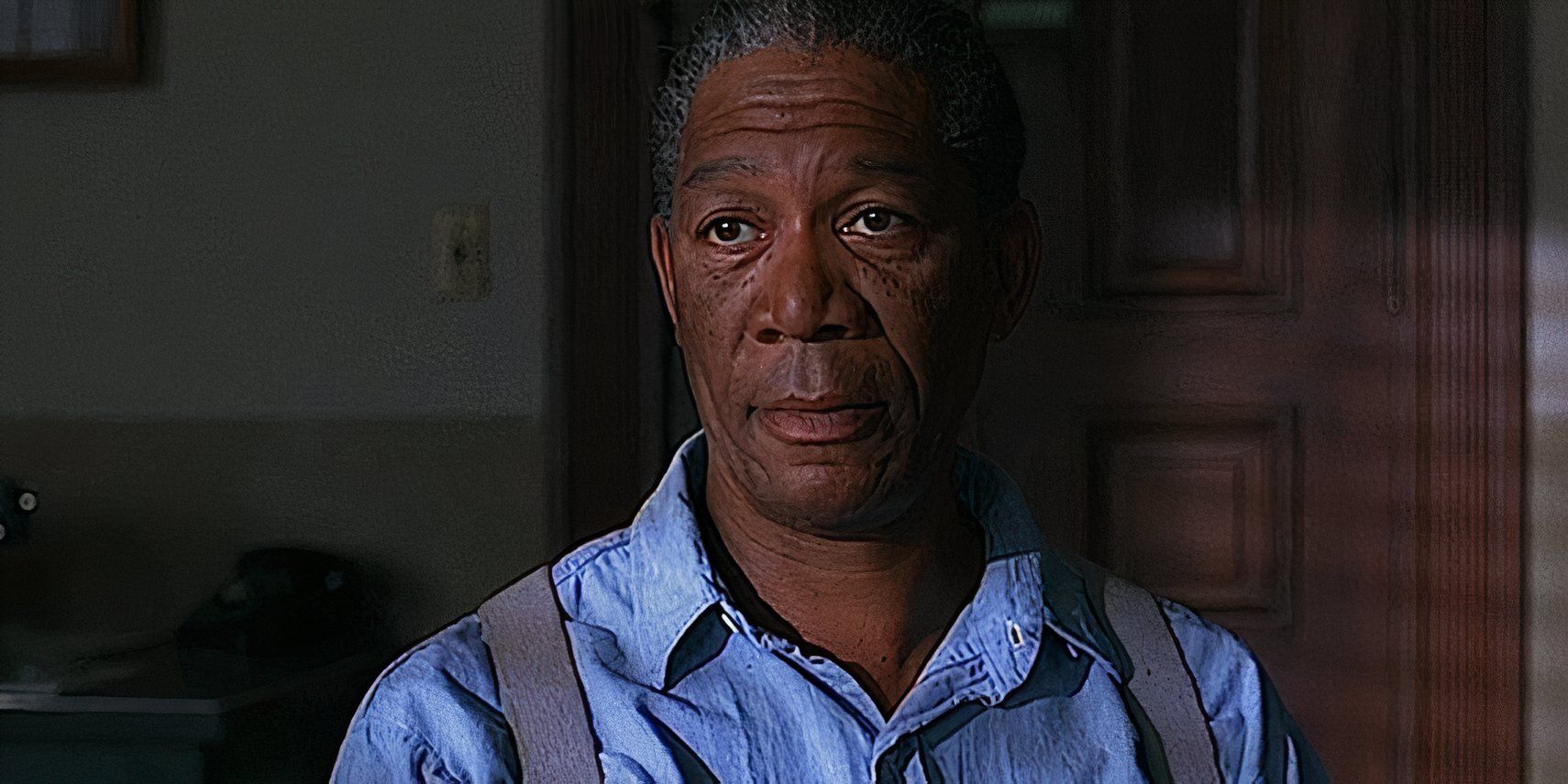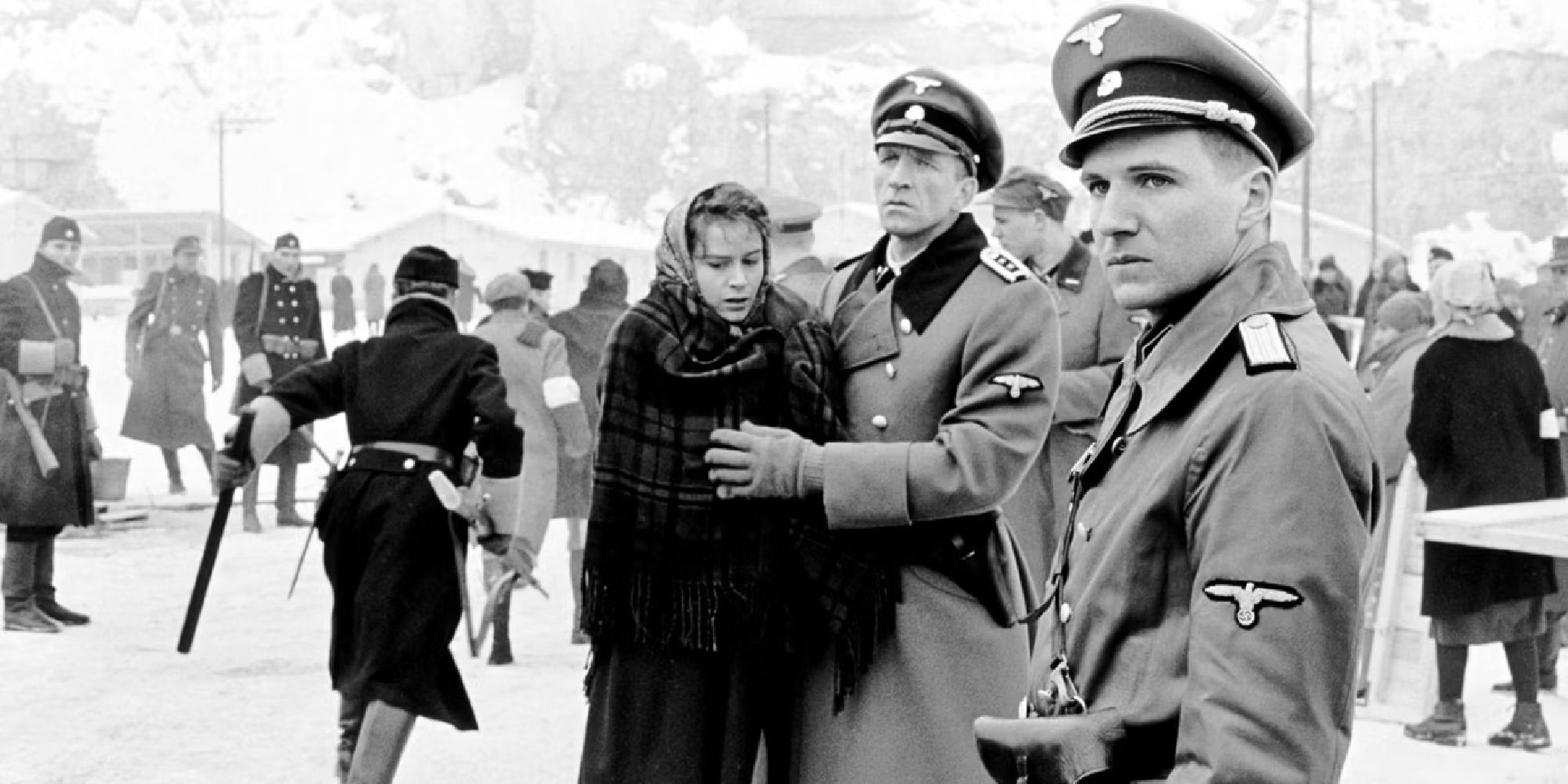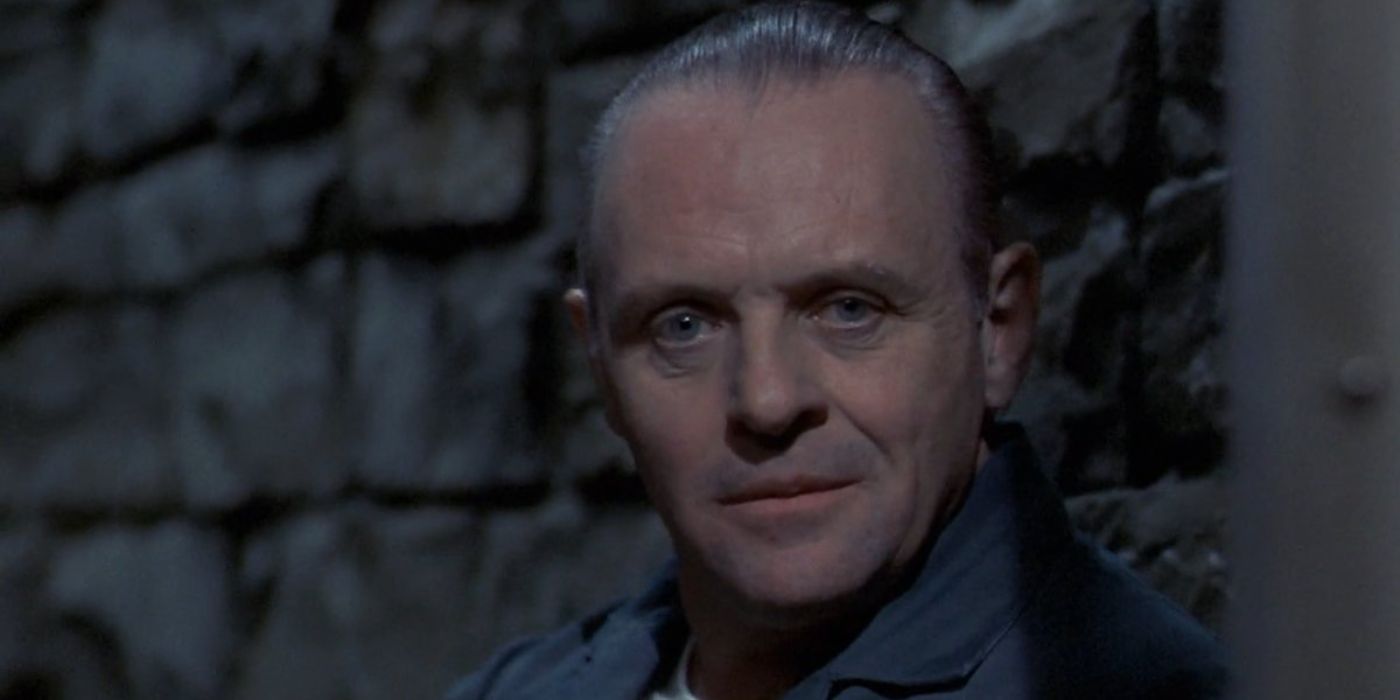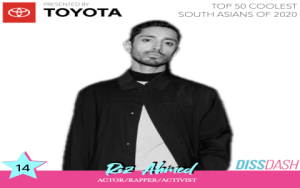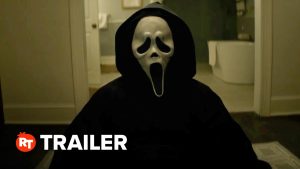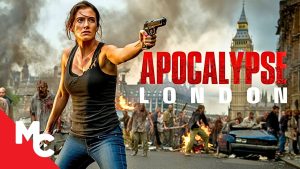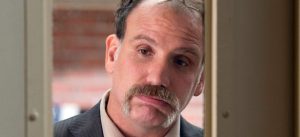
Many of the best movies ever made hail from the 1990s, a decade that saw a proliferation of indie movies that would alter the cinema landscape. It also saw great movies from veteran filmmakers still pushing their craft, including Martin Scorsese and Steven Spielberg. Whether it’s got a high or a low budget, one of the most important aspects of a good film is a degree of acting that helps the audience believe (and care about) what’s happening on screen. The characters are crucial to the illusion, and the 90s would display a number of performances that people still quote to this day.
Joe Pesci in Goodfellas, Tom Hanks in Philadelphia, Tom Hanks again in Forrest Gump, and Nicolas Cage in Leaving Las Vegas are just a handful of the best 1990s performances. Of course, acting alone isn’t enough to make a movie great; more or less everything has to combine in order for the picture to reach its full potential. The following movies accomplish that, and arguably better than the rest. Not to restrict this list to just American works, the ten best 1990s movies with great acting showcase the diversity of stories from around the world that use their actors for a variety of narratives, tones, and effects.
10
‘Eyes Wide Shut’ (1999)
Directed by Stanley Kubrick
One of the best erotic thrillers with great acting, Eyes Wide Shut was Stanley Kubrick‘s final film. Tom Cruise and Nicole Kidman star as Bill and Alice Harford, a married couple who begin the movie flirting with others at a Christmas party. Bill will later go on to have a long and mysterious evening throughout New York City. Tom Cruise does some of his most interesting work as a man who is constantly tempted to cheat. While the first half of the movie sees him go from place to place, the second half sees him try to make sense of the places he’s been to and what has happened there.
Nicole Kidman has recently done some admirable work in Babygirl, and one cannot help but think that her courageous performance in Kubrick’s swan song probably gave her the confidence to do another film that explores desire so directly. In order to create an eerie atmosphere where people are killed behind closed doors, even people in small roles must be able to tap into Kubrick’s cold, unsettling tone. They do, and it’s captivating.
9
‘Trainspotting’ (1996)
Directed by Danny Boyle
Trainspotting is an uproarious dramatic comedy about a group of Scottish heroin addicts, elevated by director Danny Boyle‘s dynamic camerawork, stylish editing, and stellar performances from the cast. This is definitely one of Ewan McGregor‘s best movies (winning Best Actor at the BAFTA Scotland Awards), as he narrates the story throughout and helps set the grounded yet playful tone with just his voice. McGregor’s interpretation of Mark Renton is disturbingly realized—plumbing the depth of a soul that is desperate to stop using. Whether he’s running away from the authorities or swimming through the worst toilet in Scotland, this character propels the movie forward.
Everyone else is excellent as well, fully immersing the audience in a drug scene that is by turns hilarious and tragic. Even the characters who don’t shoot up are very memorable. Begbie (Robert Carlyle), for instance, could be trying to play pool hungover or tossing a beer glass over his shoulder; whatever he’s doing, he’s an absolute thrill to behold. All in all, this movie more than earned its cult following.
8
‘Boyz n the Hood’ (1991)
Directed by John Singleton
Boyz n the Hood is writer-director John Singleton‘s powerful debut, as well as Ice Cube‘s first role in a movie. A coming-of-age story about Jason “Tre” Styles (Cuba Gooding Jr. in one of his greatest roles) and his childhood friends living in South-Central Los Angeles, this film sincerely grapples with the effects of gang violence and gives its characters three dimensions. Laurence Fishburne does excellent work as Tre’s father, a strict but responsible man who tries to impart hard-won wisdom to the younger generation.
From a police officer pointing a gun at a teenager who hasn’t done anything wrong to Furious giving a speech about gentrification and the societal attempts to keep Black people disenfranchised, this is one of the most intense films from thirty years ago that are still relevant today. Along with Angela Basset‘s supporting role as Tre’s mother, Boyz n the Hood remains one of the best 90s movies with deeply moving performances.
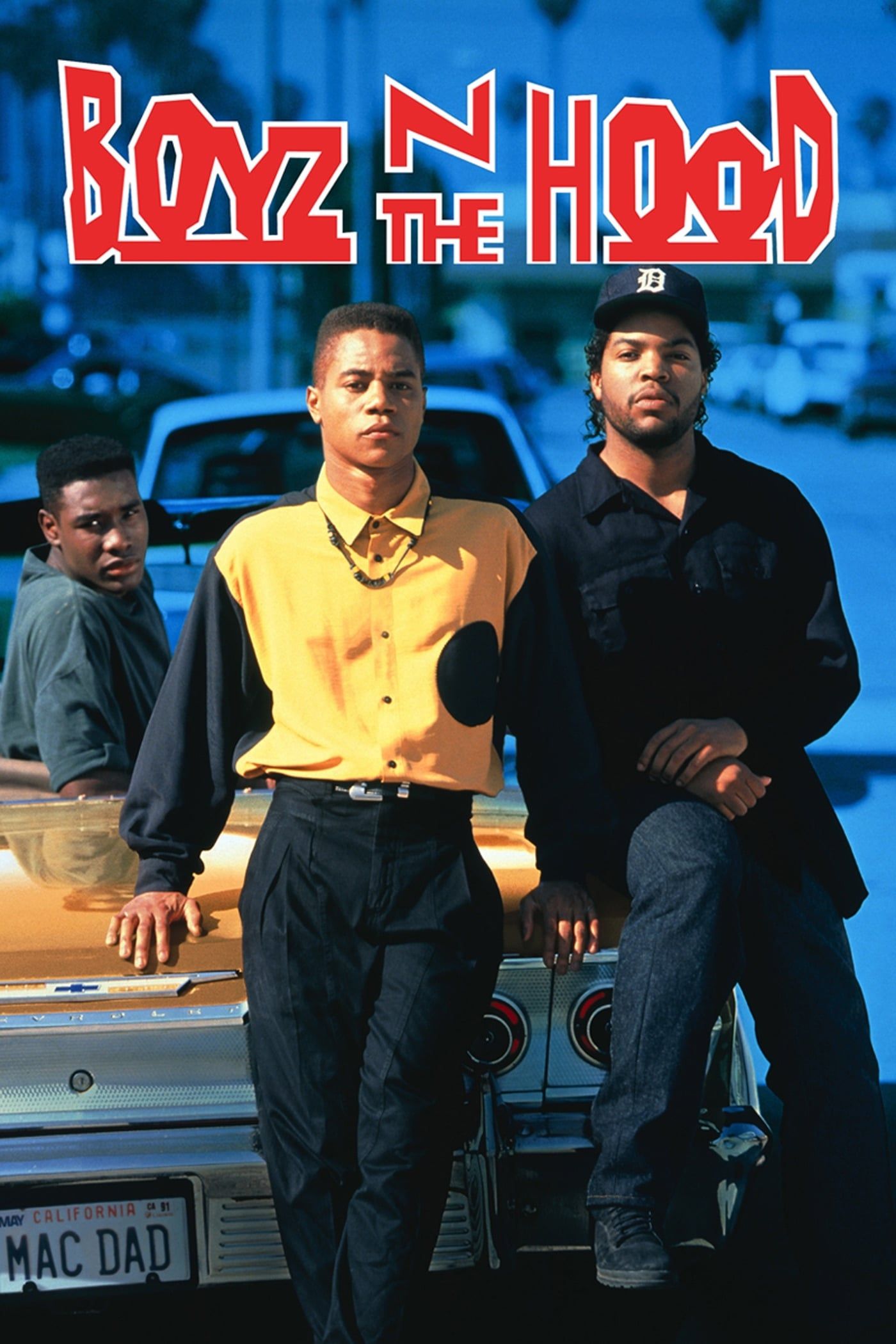
Boyz n the Hood
- Release Date
-
July 12, 1991
- Runtime
-
102 minutes
7
‘Khrustalyov, My Car!’ (1998)
Directed by Aleksei German
Although it’s not nearly as well-known nor accessible as the other movies on this list, Aleksei German‘s darkly comic Khrustalyov, My Car! is one of the most singular and exemplary cinematic achievements of the 1990s. About a Soviet doctor who is in danger during his government’s paranoid roundup of Jewish people, the movie almost has the feel of watching a documentary—except the black-and-white frame is often filled with cartoonish and bizarre imagery. To give the impression that they’re inhabiting this chaotic and violent world is a task and a half for the actors involved, yet they all make it work.
Almost nothing said in any of these long takes is directly related to what’s spoken next, yet everything coalesces into a furious criticism of Stalin’s brutality that feels both surreal and realistically gritty at the same time. At the center of this loose narrative is Yuri Tsurilo as General Yuri Klensky, who goes from place to place in a dynamic performance that holds this madness together. The acting on display here shows how a character need not have an arc so much as embody their all-encompassing environment.
Rent on Apple TV
6
‘Fargo’ (1996)
Directed by Joel Coen
Fargo contains one of the best one-time acting Oscar nominee performances from William H. Macy as Jerry Lundergaard, a car dealership manager who hires two men to kidnap his wife so that he can use the ransom money to get himself out of crippling debt. This is a stupid plan with severe consequences, and it’s fun to watch Jerry try to squirm his way out of a predicament that just keeps getting worse.
Then there’s Frances McDormand‘s Oscar-winning turn as Officer Marge Gunderson, a very pregnant and friendly police chief who brings a refreshingly casual spin on the crime genre. The way she accurately analyzes a crime scene in that Minnesota accent is both funny and demonstrates that she’s a force to be reckoned with. Every scene she’s in is terrific, really. Peter Stormare and Steve Buschemi are an exceptionally hilarious criminal duo, and even minor characters do a wonderful job of maintaining this darkly comic tone.
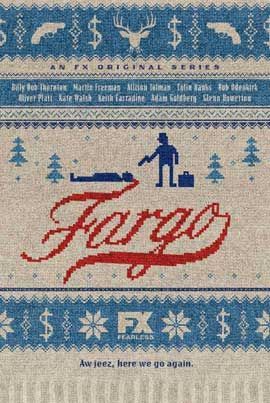
Fargo
- Release Date
-
April 5, 1996
- Runtime
-
98 Minutes
5
‘Peppermint Candy’ (1999)
Directed by Lee Chang-dong
Easily one of the most powerful reverse chronological movies of all time, Peppermint Candy is about a man (played by Sul Kyung-Gu) who dies by suicide in the movie’s very first scene. The narrative then goes back in time, further and further, to show us how the man ended up this way. That’s a huge task for the actor who plays him, but he more than meets the challenge. The film travels decades into the past, and Yongho’s transformation over time becomes more and more understandable.
The train that Yongho gets hit by in the opening scene rolls backward in-between each section: brief moments that signal another jump backward in time and another pivotal moment in the protagonist’s life. Kyung-Gu’s ability to make us believe this dramatic transformation and get the audience to eventually sympathize with him is astonishing, not to mention all the other characters who inhabit this relentlessly tragic and beautifully rendered masterpiece.
Rent on Apple TV
4
‘Pulp Fiction’ (1994)
Directed by Quentin Tarantino
The best characters in Pulp Fiction are brought to life by a variety of excellent performances. Whether it’s a super-brief cameo by Academy Award winner Christopher Walken, a career-defining performance by Samuel L. Jackson (who got an Oscar nod for this), or a career-comeback turn by John Travolta, the actors here are bringing their A-game to a movie that would go on to win the Palme d’Or at Cannes and get nominated for Best Picture at the Oscars.
Pulp Fiction demonstrates the pinnacle of what can be done with an ensemble cast. Writer-director Quentin Tarantino has Travolta and Uma Thurman dance together in what highlights their characters’ chemistry just as perfectly as their previous conversation. There are too many other characters to describe them all, but the likes of Bruce Willis, Ving Rhames, Harvey Keitel, Amanda Plummer, and Tim Roth unleash unforgettable performances that range from cool to quirky in a classic that marked a true change in popular cinema.
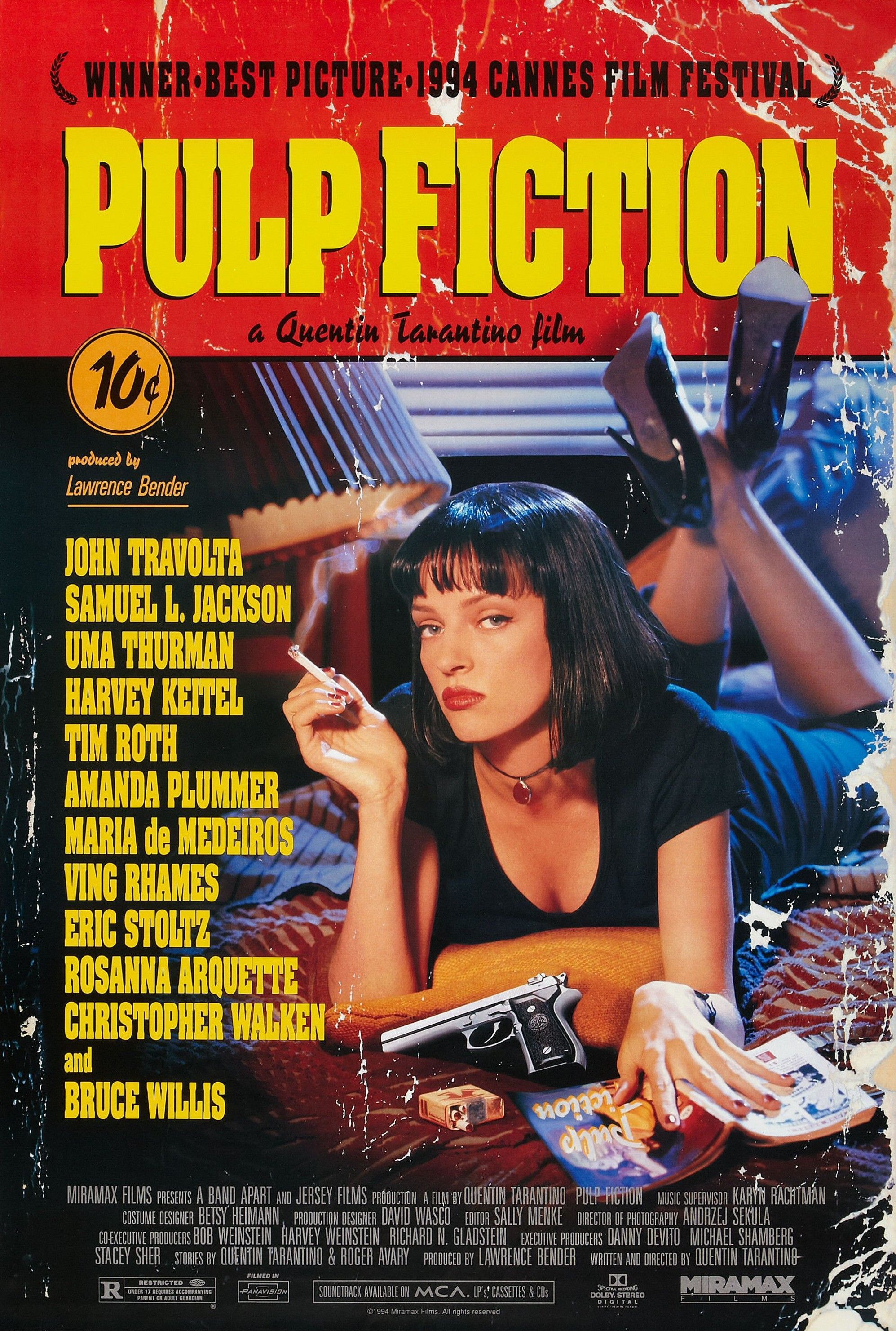
Pulp Fiction
- Release Date
-
October 14, 1994
- Runtime
-
154 minutes
3
‘The Shawshank Redemption’ (1994)
Directed by Frank Darabont
The Shawshank Redemption is one of the best Stephen King film adaptations with exceptional acting, thanks largely to Tim Robbins and Morgan Freeman. Andy and Red both change over the course of the story’s twenty years, but it’s subtle and gradual enough for the audience to feel like all these years really are going by. Especially important is Freeman’s ability to show Red thinking he has no chance of getting out, becoming institutionalized, and finally finding the strength to actively search for his friend in Mexico. Without his speech about the word “rehabilitated,” the film wouldn’t be the same.
The two men at its center make Shawshank remarkably quotable, but there are other great characters who bring everything together. This includes Bob Gunton‘s Warden Norton, Clancy Brown‘s Byron Hadley, and especially James Whitmore‘s Brooks Hatlen. Brooks is usually so gentle and calm, but that changes drastically when he’s finally let out. Robbins and Freeman were both nominated for Best Actor at the Screen Actors Guild Awards, and Freeman got an Oscar nod for Best Actor—all well deserved.
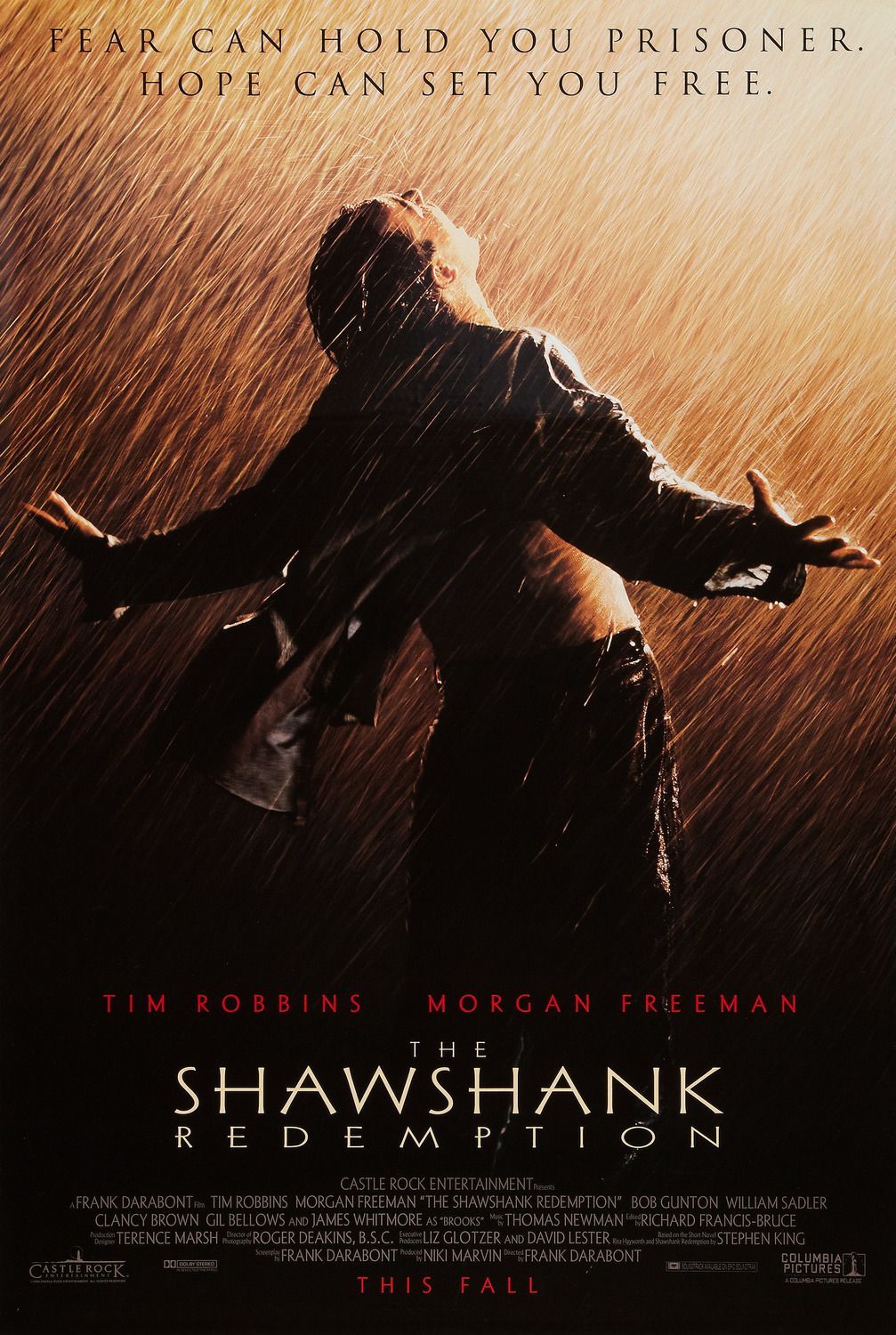
The Shawshank Redemption
- Release Date
-
October 14, 1994
- Runtime
-
142 minutes
2
‘Schindler’s List’ (1993)
Directed by Steven Spielberg
Schindler’s List is one of the greatest epics ever filmed, thanks to Steven Spielberg‘s unflinching depiction of Nazi Germany and the unspeakable atrocities committed during that time. Liam Neeson does some of his strongest work as Oskar Schindler, a man who first uses World War II to make a fortune and winds up spending a lot of that money saving about 1,100 Jews from the concentration camps. His speech at the end about how he could have done more is famous for a reason.
On the other end is Ralph Fiennes‘ fascinating take on Amon Göth, a psychopathic Nazi officer who kills relentlessly and develops feelings for a Jewish woman named Helen Hirsch (Embeth Davidtz). Davidtz makes sure that her character is much more than how Göth views her, and Sir Ben Kingsley is as terrific as always playing Itzhak Stern. From its main characters to its countless extras, Schindler’s List brings the Holocaust to life with performances that dig deep into the human condition.
1
‘The Silence of the Lambs’ (1991)
Directed by Jonathan Demme
The Silence of the Lambs is an extremely quotable masterpiece that never stops giving, no matter how many times you watch it. Sir Anthony Hopkins‘ interpretation of Dr. Hannibal Lecter is so iconic that audiences have been enraptured by it for over three decades now. He steals every scene he’s in, embodying a man who seems otherworldly in his intelligence. He combines a formal demeanor, a computer-like level of calculation, and a surprising sense of humor.
This is the perfect match for Jodie Foster‘s phenomenal performance as FBI trainee Clarice Starling. Their dynamic throughout the movie is riveting, and they both won Oscars for their roles. Everyone else is great too, from Scott Glenn as Jack Crawford to Ted Levine as Buffalo Bill. The Silence of the Lambs is one of only three movies to have won the Big Five at the Academy Awards, and there’s no doubt that it’s among the most perfectly acted movies of all time.

